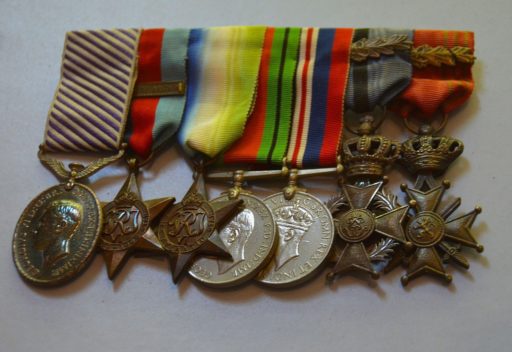“She was the first to see my brother pivoting on the top of his cliff. To her, he must have looked something like a trick rope artist at a rodeo, doing everything except jumping in and out of his loops.” —Norman MacLean, A River Runs Through It
Do you remember when we convinced you to streak around the house? Of course you do; you bring it up every time I introduce you to someone. I remember your slender ass glimpsed through a succession of windows, the white soles of your running feet, your pistoning arms, your screeches when you regained our front porch to discover we’d locked the door.
I say we, but it was really me. Our little brother would never have thought to do it on his own. Nor could he have convinced you to run naked around our house as rush-hour traffic motored past. It was me you trusted. You were always easy to fool.
Do you remember hiding naked in the bushes beside our house, our laughter wafting through the window screen? Is that what broke you?
Or was it that rock fight while we waited for the school bus? It wasn’t really a fight, we stood too far apart to do any real damage. We stooped in our graveled drive for ammunition, not taking our eyes off one another, which is the secret to avoiding injury. It’s when you take your eyes off your enemy that you’re liable to get beaned. Do kids still throw things at each other anymore? Rocks, dirt clods, furled and spiny pinecones—we hurled them all. Sometimes we fought kids from other blocks, but mostly we fought each other.
Your mistake that morning wasn’t that you took your eyes off me, it was forgetting I have treachery in my blood. You retreated behind a corner of the house to whip rocks at me, knowing I didn’t dare risk hitting a window. So I cocked back my arm, a sharp piece of milky quartz tight between my fingers, and shouted “Bus!”
You got halfway to me before you realized it was a trap. I don’t think I meant to hit you in the head, I was just excited that you’d fallen for it. And the funny thing is, the bus did arrive just then. I climbed aboard as you ran into the house, blood streaming from your forehead onto your face and hands. The kids on the bus saw what I’d done, and they threatened to tell the principal, but by the time we got to school, everyone had forgotten.
Maybe that rock to the head is what did it. What made you so tough and tightly wound, made you a champion, your letter jacket covered with pins and medals so that you sounded like an armored knight in the school hallways. Maybe it’s what made you an assassin on the wrestling mat, turned you dangerous but brittle, like a knife made from glass.
It’s gone now, that jacket. It followed you from state to state, in a box that I and everyone else in our family gathered in from time to time, when you were broke and broken and absolutely certain you were ready to dry out for good.
“I drink so I don’t have to remember,” is what you told me last week, as I sponged the blood from your face and put a sheet under your head so you wouldn’t ruin my couch. Were you my child, I’d have taken you in for stitches, but what’s the point? It’ll be days before you feel it, and you have no insurance, not even an I.D. That letter jacket? Long gone. How many garages and motels and girlfriend’s houses ago did you lose it? Only you would know, but you’re drinking not to remember the bad things.
Instead you remember good things about me that aren’t true. You told me, as you warmed up in my truck the night I pulled you off the street so you wouldn’t freeze to death, that I’d come close to breaking you out of jail the last time. All I did was send you a little money for the commissary. You told me about the time you got out of line and I knocked you out with one punch. You made it sound like we were tough men, iron sharpening iron. I think you were twelve when I decked you.
“Fuck you, Tony,” is what you say when I kick you out this time. “You’re not my brother.” Now we’re getting somewhere. Now you’re clearing your head, brother. If one more person tells me I’m a good man for trying to help you, I’m going to put my fist through a wall. This is penance. I can barely stand to look at you. I hate you for not being stronger.
When the police sergeant tells him to go fetch his brother sleeping drunk in a cell, Norman pauses until he can remember him in a finer moment. “Wanting to see him in perspective when I saw him,” he writes, “I stood still until I could again see the woman in bib overalls marveling at his shadow casting.”
There’s no fixing Norman’s brother, nor mine. Sometimes I think there’s no fixing anyone. Perhaps the only mercy any of us can offer is to remember someone in his finest moments. My brother who trusted me when he should have known better, my brother covered in medals, my brother who once loved a poem.
But brother, my brother, what in truth will you remember of me?
Tony Woodlief lives and writes in North Carolina. His short fiction has appeared in Image, Ruminate, Saint Katherine Review, and Dappled Things, while his essays about parenthood and faith have appeared in The Wall Street Journal, Comment, and The London Times. He runs a website for fathers called Intentional Fathering, and can occasionally be found on Twitter.





